The Benefits, Purposes and Principles that represent the core tenets of the Art Docent Company have evolved over the past nineteen years, since incorporating in 1999. We state this fact proudly, aligning ourselves with the “10 YEAR RULE” by (Hayes 1989). According to this rule, no person can make a creative contribution to a particular domain without first devoting a full decade to the mastery of the necessary knowledge and skills. These core tenets are closely related to each other interconnecting the fields of psychology, cognitive psychology, educational psychology, educational neuroscience, social neuroscience, cultural neuroscience, multi-media learning, art education and therapy.
Outstanding intellectuals who have influenced, inspired, and shaped the foundation of the Art Docent Company’s arts education program and our belief system as to “How Children Learn,” How we all Learn, are:
- PH. D., Rudolph Arnheim widely regarded as the leading authority on art and perception, Professor emeritus of Art in the Department of Visual and Environmental Studies Harvard University until 1974. Author of many books including Visual Thinking, 1979.
- PH. D., Viktor Lowenfeld helped define and develop the field of art education in the United States, Chairman of art education Pennsylvania State University, author of many books including Creative and Mental Growth, originally published 1947 and currently in its eighth edition.
- PH. D., Howard Gardner is a noted developmental psychologist, Senior Director of Harvard Project Zero, author of over twenty books including Artful Scribbles, 1980, Frames of Mind: The Theory of Multiple Intelligences, 1983.
*Another key concept which plays a major role in our program development is the lofty objective of progressive improvement or the “How can we make it better” paradigm, for the children. We believe this is particularly warranted based upon the exponential rate at which information is made available to us and the role that technology plays in both its acquisition and the keeping abreast of it. We are continuously sourcing pertinent avenues of research to examine and evaluate which of these avenues will best serve the high standards of performance we wish to provide our subscribers.


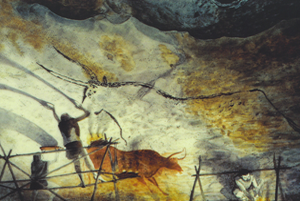
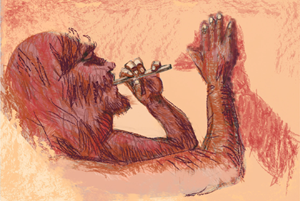
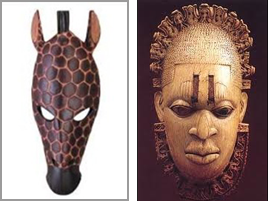


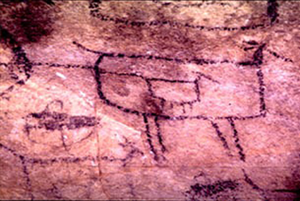
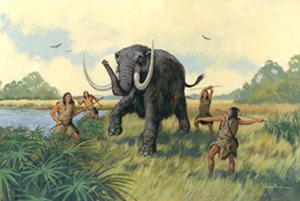



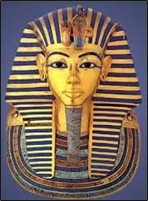
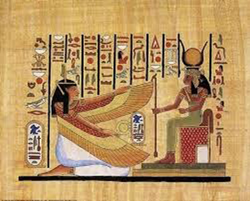


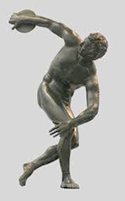
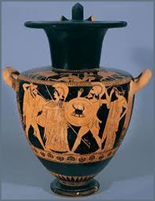
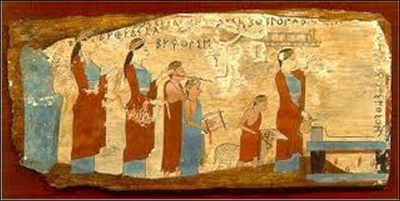
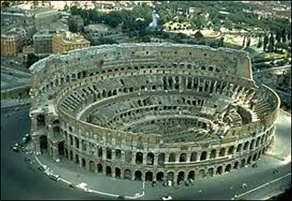
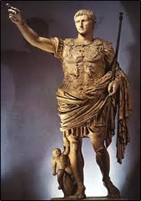
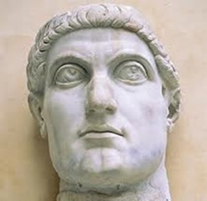
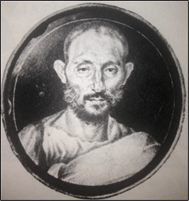
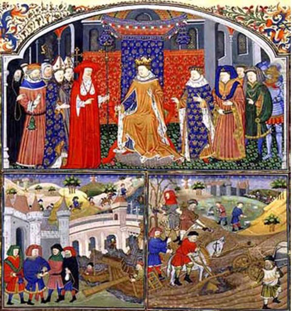


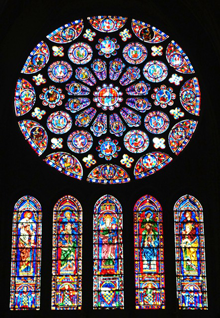
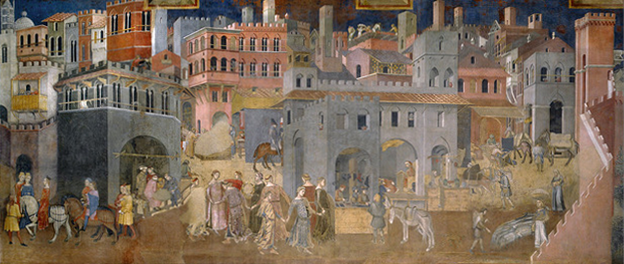

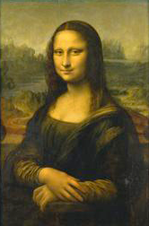
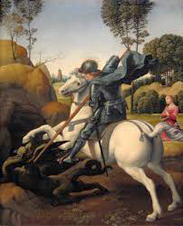
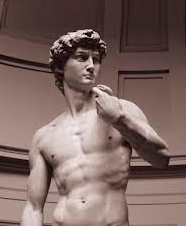
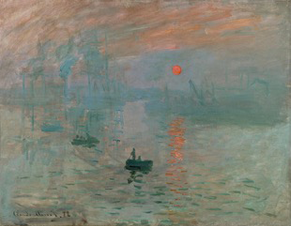
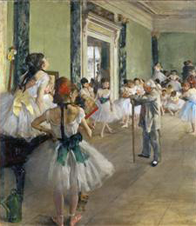
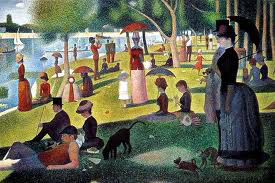
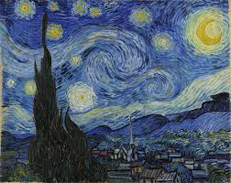
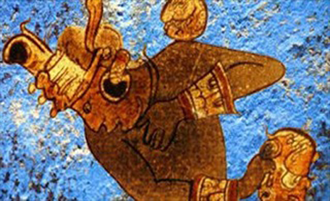
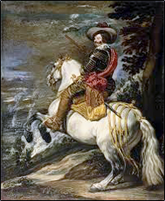
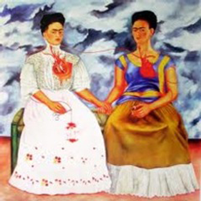
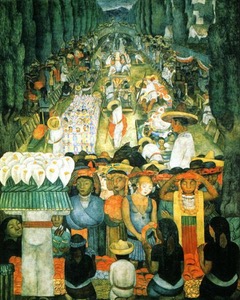
Comments are closed.